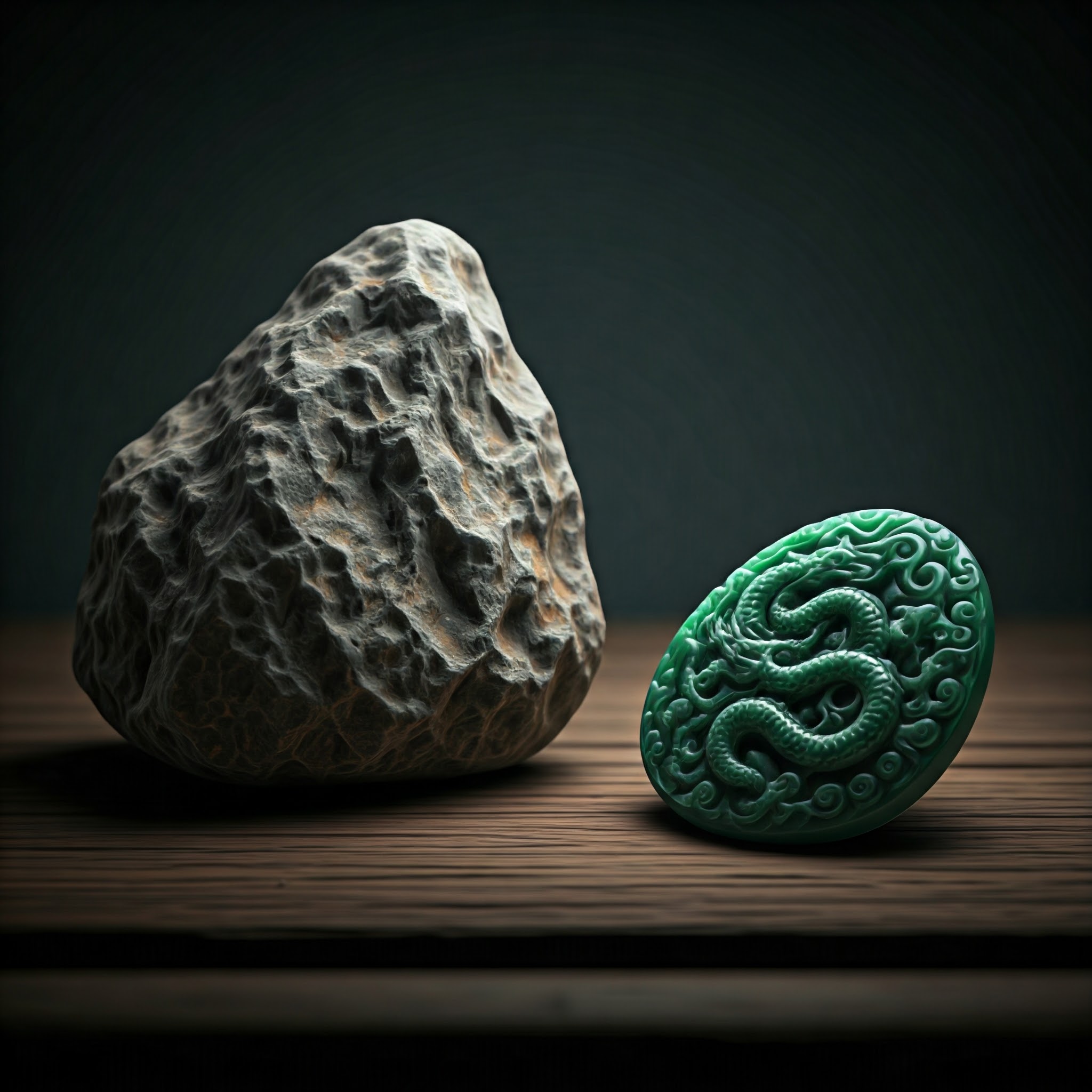"锲而不舍" (qiè ér bù shě) - To Carve Relentlessly / Perseverance

To keep carving without giving up; perseverance will carve even metal and stone.
Origins and Historical Context
The idiom "锲而不舍" (qiè ér bù shě) comes from the Xunzi (荀子), a classic Chinese text attributed to the philosopher Xun Kuang (荀况) who lived during the Warring States period (475–221 BCE). Specifically, it is found in the chapter "Exhortation to Learning" (Quan Xue 劝学).
The original text reads: “锲而舍之,朽木不折;锲而不舍,金石可镂。” This translates to: “If you carve and then give up, even rotten wood will not break; if you carve without stopping, even metal and stone can be engraved.” Xunzi used this analogy to emphasize the importance of continuous effort and perseverance in learning and self-cultivation.
Meaning and Usage
"锲而不舍" literally means "to carve and not give up." It describes unwavering perseverance, persistence, and determination in the face of difficulties. It emphasizes that even the most challenging tasks can be accomplished with consistent and dedicated effort.
-
Example (Learning): “学习外语需要锲而不舍的精神,才能取得进步。” (“Xuéxí wàiyǔ xūyào qiè’érbùshě de jīngshén, cáinéng qǔdé jìnbù.”) – “Learning a foreign language requires a spirit of perseverance to make progress.”
-
Example (Work): “科研工作需要锲而不舍的探索,才能有所突破。” (“Kēyán gōngzuò xūyào qiè’érbùshě de tànsuǒ, cáinéng yǒu suǒ tūpò.”) – “Scientific research requires relentless exploration to achieve breakthroughs.”
Cultural Significance of Chéngyǔ (成语)
"锲而不舍" reflects the Chinese cultural emphasis on:
- Diligence and Hard Work: It values persistent effort as a key to success.
- Resilience and Tenacity: It promotes the importance of overcoming obstacles through unwavering determination.
Synonyms and Related Concepts
- 持之以恒 (chí zhī yǐ héng): To persevere; to persist.
- 坚持不懈 (jiān chí bù xiè): To persist unremittingly; to keep going despite setbacks.
- 有志者事竟成 (yǒu zhì zhě shì jìng chéng): Where there is a will, there is a way.